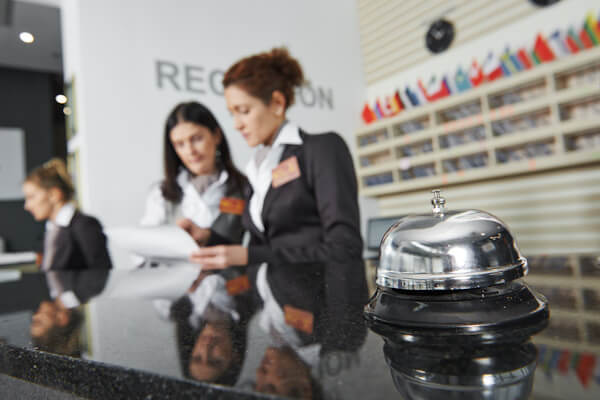Best Practices in Hotel Crisis Management
In the immediate aftermath of the Boston Marathon bombing a few weeks ago, the Boston police quickly instructed bystanders to leave the area and return to their homes and hotels until the imminent danger had subsided. As the race finish line was in the tourist-trafficked Copley Square, dozens of hotels were impacted by the event.
With attendees frantically rushing out of the area and desperately trying to contact loved ones, it was imperative for the hotels to engage in the real-time social media conversation, especially with cell communication cut off. Fortunately, many of the area’s hotels took to their respective Facebook and Twitter accounts swiftly and effectively to communicate with worried guests and assure their families and friends that all everyone was safe.
A few of the nearby hotels stood out during this crisis period with their real-time responses. The Fairmont Copley Plaza took to Facebook soon after the news of the disaster spread to assure followers that the hotel’s colleagues were safe. The hotel also responded to each and every tweet directed at the hotel. The Lenox Hotel was similarly quick to update its Facebook page with updates on when the hotel would be re-opened and answers to guest questions. Finally, the Mandarin Oriental, Boston posted updates on Facebook and Twitter assuring followers that everyone was safe, despite the evacuation.
The Importance of Crisis Management
What we can learn from each of these hotels is that, in the wake of an unexpected disaster, real-time, responsive communication is essential. These hotels were cognizant of followers’ concerns and swiftly allayed them with direct and transparent messaging. Each property addressed incoming questions received through each channel promptly and worked hard to broadcast the safety precautions they were taking. Finally, each hotel appropriately suspended any form of communication that was not relevant to the ongoing disaster and avoided any form of promotional or unrelated posts that may have been originally scheduled.
Contingency Planning for a Crisis Situation
While no one wants to think about disasters, it pays to be prepared and have a social media crisis plan in place. Clearly, each of these hotels was prepared, evidenced by the swift and effective communication. Here are some tips when crafting your hotel’s contingency plan for a crisis situation:
- Create a social media crisis policy. In times of sudden crisis, having a social media policy in place can certainly fast track your response time and mitigate any negative impact to your hotel. Consider who will respond to social media and who else has access to the accounts, in case the primary person is unable to respond. Are social media managers allowed to comment on the situation or only the hotel’s response? In case people are injured, how much information can be shared? While scary to imagine, you must consider all possible scenarios and document your expectations.
- Respond in real-time. Each of the hotels above took immediate action on social media soon after the bombings occurred. Each property deviated from its normal social media planning process and took to each social network to communicate updates in real-time. When doing this, be sure that your most senior social media communicators are involved to ensure that you maintain your brand voice and stay consistent with your messaging.
- Keep only necessary stakeholders involved. When there are too many “cooks in the kitchen” when managing your social media presence, you lose brand consistency and face the potential of damaging your hotel’s reputation. To avoid this problem, make sure that you involve only the necessary stakeholders at your property. These individuals will usually be members of your marketing, communications or public relations team, as they will possess the best writing capabilities.
- Follow-up with an official response. Once the main crisis period has subsided, have your PR team craft an official hotel response to the situation. This message should be shared across all social networks and can also be fed to media, guests, and colleagues around the hotel.
- Resume planned content strategy in time. The worst thing a hotel can do in a time of crisis is to continue sharing self-promotional messaging that has been scheduled in advance. Nothing leaves a worse impression than showing a flagrant disregard for a real-time crisis. After suspending this messaging, engage with fans in a responsive way until order is restored and business is back to usual. Only then should you resume your planned social media content strategy.
If you follow these five tips, your hotel will be well positioned to handle any crisis scenario. Situations like these come at unexpected times and almost always require real-time, responsive response over social media. Therefore, having a crisis plan in place is imperative and will empower your communication team to nimbly navigate the turbulent waters during the state of emergency.
A version of this story originally appeared in Lodging Magazine on April 30, 2013.
Learn about what’s trending, review response metrics, and a look forward at hospitality reputation in our 2018 Reputation Benchmark Report. Available free for download.
Related Posts

Insights that drive results
Subscribe now to get the latest content
This site is protected by reCAPTCHA and the Google Privacy Policy and Terms of Service apply. *Required fields.





